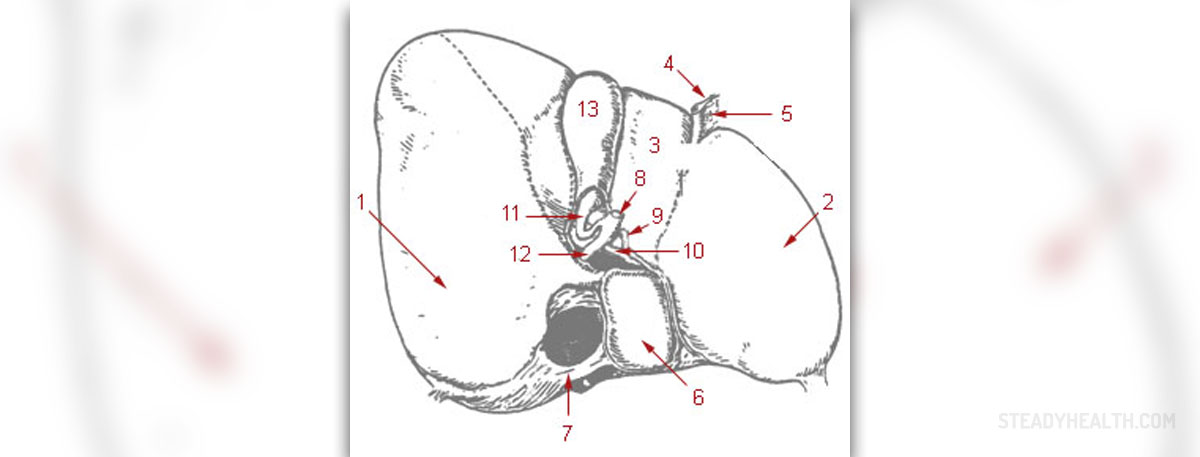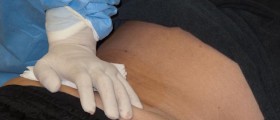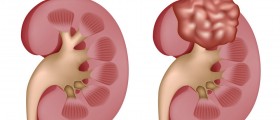
Liver Cancer
Liver cancer is a type of cancer which starts in the liver. The liver can be affected with cancer when cancerous cells spread to liver from some other organ. Liver cancer occurs when the cells in the liver tissue start to grow abnormally. There are certain risk factors which can increase the risk of cancer. If you suffer from any liver disease, such as cirrhosis, fatty liver disease or hepatitis, you may be at greater risk of liver cancer because these diseases cause scarring and damage to the liver. People who have diabetes are more prone to liver cancer than people with normal blood sugar. Long term exposure to certain chemicals can increase the risk of liver cancer as well. The most dangerous chemicals are vinyl chloride, thorium dioxide, radium, arsenic and aflatoxin.Symptoms
In the early stages, liver cancer usually does not have any symptoms. The symptoms start to show in the later stages and they may include pain in the abdomen, appetite loss, sudden loss of weight, fever, nausea and vomiting. You may also experience swelling of the abdomen, fatigue, itchiness and weakness in the muscles. Your urine may appear to be darker than usual and you may notice that your skin and eyes have turned yellow. You may also feel sleepy more than usual and confused.Stages
The stages of the liver cancer are determined according to the affected area and the position of the cancer. After your doctor diagnosed that you have liver cancer, he/she will establish in which of four stages is your cancer. Stage I involves the cancer which is localized and which can be easily surgically removed. In this stage the cancer has not spread to the surrounding tissues. Stage II involves the cancer on the several places in the liver, but not on the surrounding tissues and organs. In the third stage A the cancer has affected the nearby blood vessels and in the third stage B the cancer involves the nearest lymph nodes. The fourth stage involves the lymph nodes and other organs in the vicinity of the liver, but also the organs which as distant from the liver.Treatment
There are various treatment options for liver cancer. Your doctor will determine the treatment according to the stage of your cancer and your overall health. The treatment options may include chemotherapy, radiation, surgery, liver transplant or some other techniques by which the cancer can be removed in the first two stages.
















Your thoughts on this
Loading...